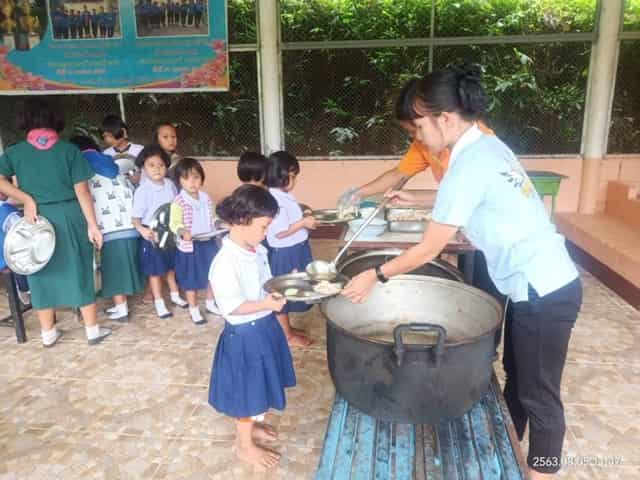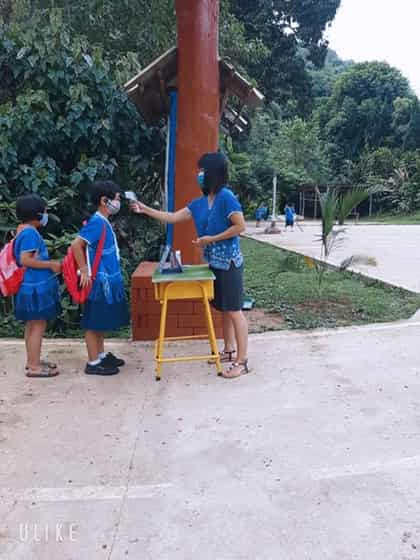
Villagers scattered across northern Thailand’s rugged mountainous terrain are struggling to attract teachers, let alone quality teachers, as those whose contracts have ended are leaving and new teachers are refusing such far-flung posts. Many schools are unable to afford to pay for teachers themselves as villagers are often living on the poverty line, according to Ampai Maneewan, Director of Mae Teun Noi School in Om Koi District of Chiang Mai, and president of the Higher Plains Education Management Association.
Ampai, along with many school principals from across the remote north handed a letter to the Damrongtham Centre this morning, asking the governor of Chiang Mai to step in and help find solutions to the dearth of teachers.
“This problem has been ongoing for many years,” said Ampai, “and will result in future generations lacking education.”
Ampai went on to reveal that over half of the five districts she represents have schools in very remote areas which are hard to access and for the past many years, teachers have been leaving the mountains with very few new arrivals.
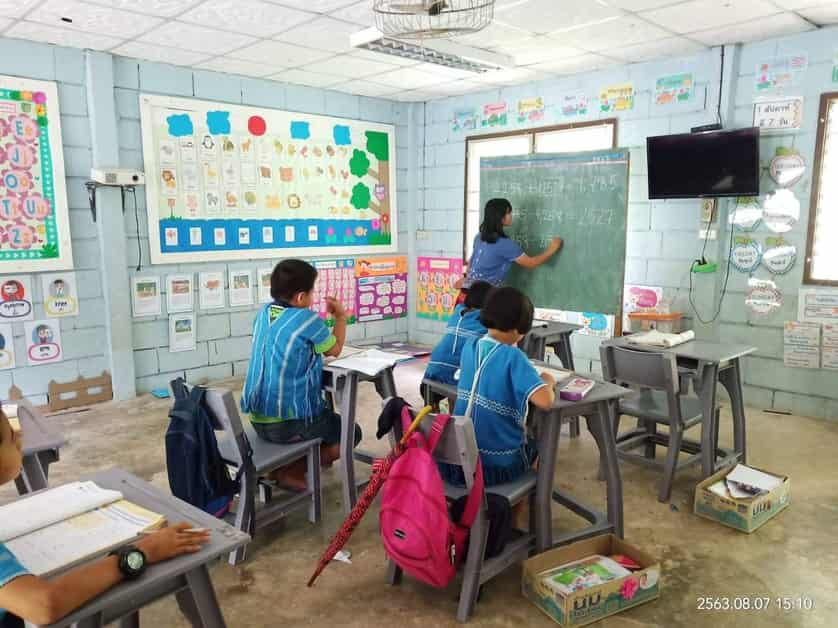
While many people who receive teacher training on scholarship have to put in a minimum of two years in government schools to repay their tuition, most reject jobs in such remote locations.
“Most of us can’t read or write well in our village,” said Noi, a Karen woman, 21, from Om Koi district, whose village is a grueling five hours into the mountains from Om Koi town (eight during the rainy season). “We get teachers sent by the government and they tend to be alcoholics, drug addicts or they molest us. Nearly every girl in my class has been molested or hit by a teacher over the years. One teacher just lay in his hut for one year, smoking opium. We would go and talk to him when he could speak and try to learn. But he hated us and hated being with us.”
According to Ampai, the management of the entire system is not up to par and with frequent government officials in various roles in the education system constantly being transferred in and out, there is no consistency and no one to take any responsibility. Since the entire system has been transferred out of Bangkok to provincial educational offices, she says, there have been more rules and regulations and the system is so sluggish it is no longer effective.
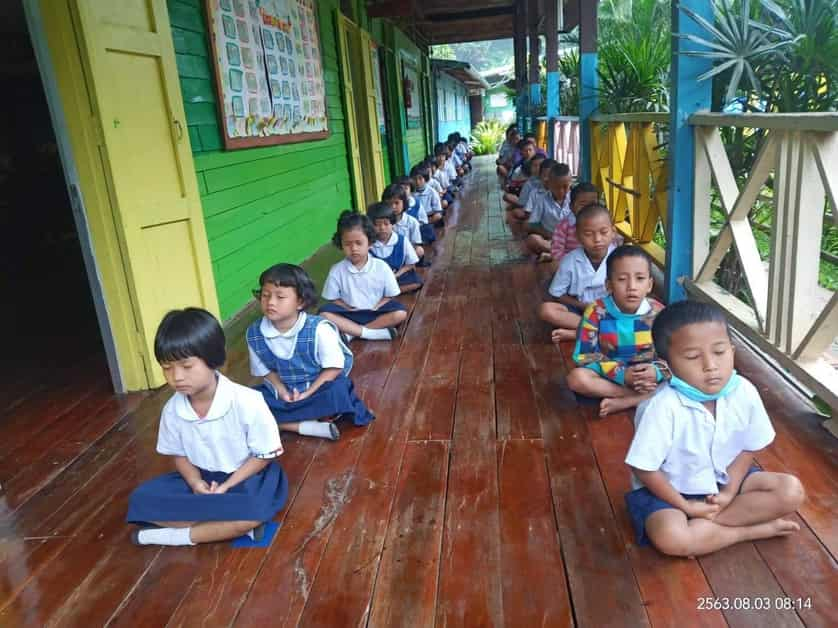
She said that many times teachers who pass their exams and are offered a remote post will simply say no, with six having turned down a post in her own village over the past two years. It sometimes takes years to find teachers to replace one who has left, she said.
The five districts she represents is currently short of nine teachers and has been for some time now. She urges the provincial education office to set a budget as soon as possible, as the annual school year budget is about to expire on the 7th September. Earlier this year Citylife interviewed Pam, a Karen woman from Khun Yuam district, Mae Hong Son, who chose to leave her 9,000 baht a month job as a domestic worker in the city to return to her remote village to teach, accepting a salary of 3,500 baht, which is well below the minimum wage of 15,000 baht, as she has a teachers’ degree. Pam told Citylife, “I can help my family farm and we can make extra money that way and I am happy to teach here until I can get a good teaching job placement.”
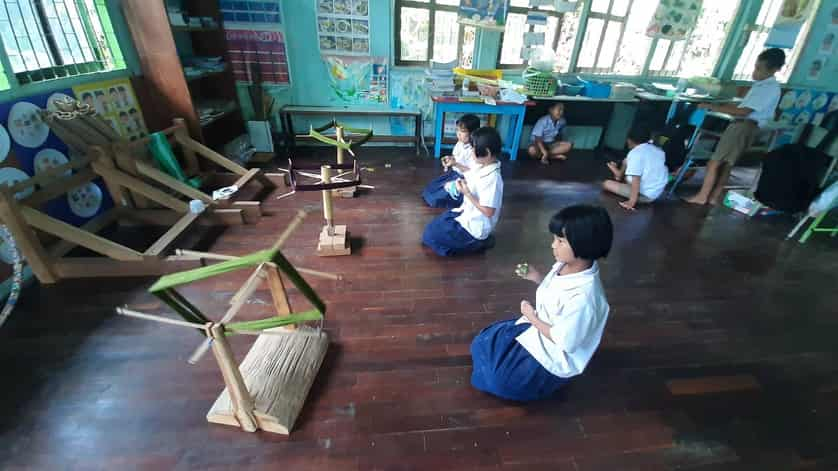
Pam had been waiting for two years to be placed as a teacher, in spite of her willingness to go to rural areas. “The system is broken,” she told Citylife today when we called her. “I am very happy here though. I have no money, but I can teach my own people and see the future in them. No one else will come here, so I am happy to stay for now. They need me.”
Pam sent us some photos today of her school, looking rather resplendent and well fed that day as a donor had turned up and the kids even got to have the rare treat of ice cream.
“We have 44 children and we just about make do because my salary is so low and we get occasional donations, mainly from our school alumni and people from the village who have gone into cities and have had some success.”
